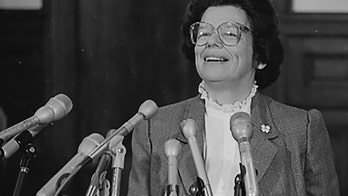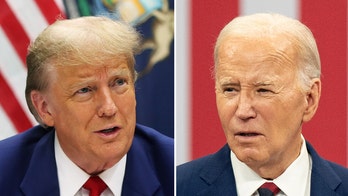Next Thursday House Administration Committee Chairman Robert Brady (D-PA) told reporters he plans to hold a hearing on the DISCLOSE Act next Thursday. Rep. Chris Van Hollen (D-MD), along with three co-sponsors, introduced the measure on the House floor Thursday afternoon.
The bill, designed to counter-act the United States Supreme Court's Citizens United decision, would require greater transparency in political advertisements.
"The Supreme Court overturned decades of common sense campaign finance law and policy. What we're doing is rectifying that with (the DISCLOSE Act)." said Brady. He hopes to get the bill through his committee with enough time for a vote in the House and Senate so the bill can be in effect for the 2010 midterm election cycle.
The House bill, which mirrors similar legislation in the Senate, would enact stricter rules for financial disclosure in campaign advertisements and ban foreign nationals or their domestic subsidiaries from contributing funds to influence elections.
Senator Charles Schumer (D-NY) unveiled the Senate's legislation at a news conference in front of the Supreme Court. He said that while the bill may be unpopular with corporations and labor unions, it was in the best interest of the American people. “The bill assiduously does not pick political winners and losers among either Democrats or Republicans,” said Schumer, “It levels the playing field so that special interests do not drown out the voice of the average voter.”
At a Thursday morning news conference, House Minority Leader John Boehner (R-OH) dismissed the idea as "not serious." Two members of his party, who are co-sponsors of the bill, disagreed. "This is a very serious attempt to have disclosure by entities that formerly were not allowed to get involved directly in campaigns," said Rep Mike Castle (R-DE), who is running for the open Senate seat in Delaware, "If you're going to do this you should be under the same rules as the political parties are and as we as candidates are."
Another Republican, Walter Jones of North Carolina, suggested that the bill would be more popular outside the Beltway. "When this gets outside of Washington and people understand what we're trying to do... you're gonna see the American people start to take an interest in this legislation and say 'Return this government back to me.'"




